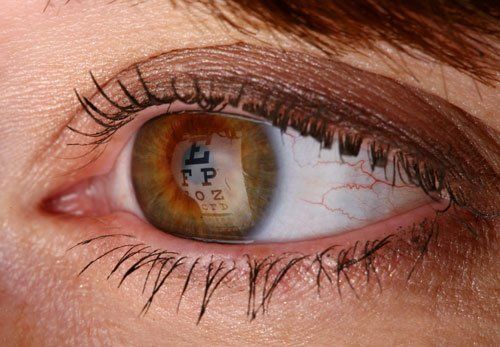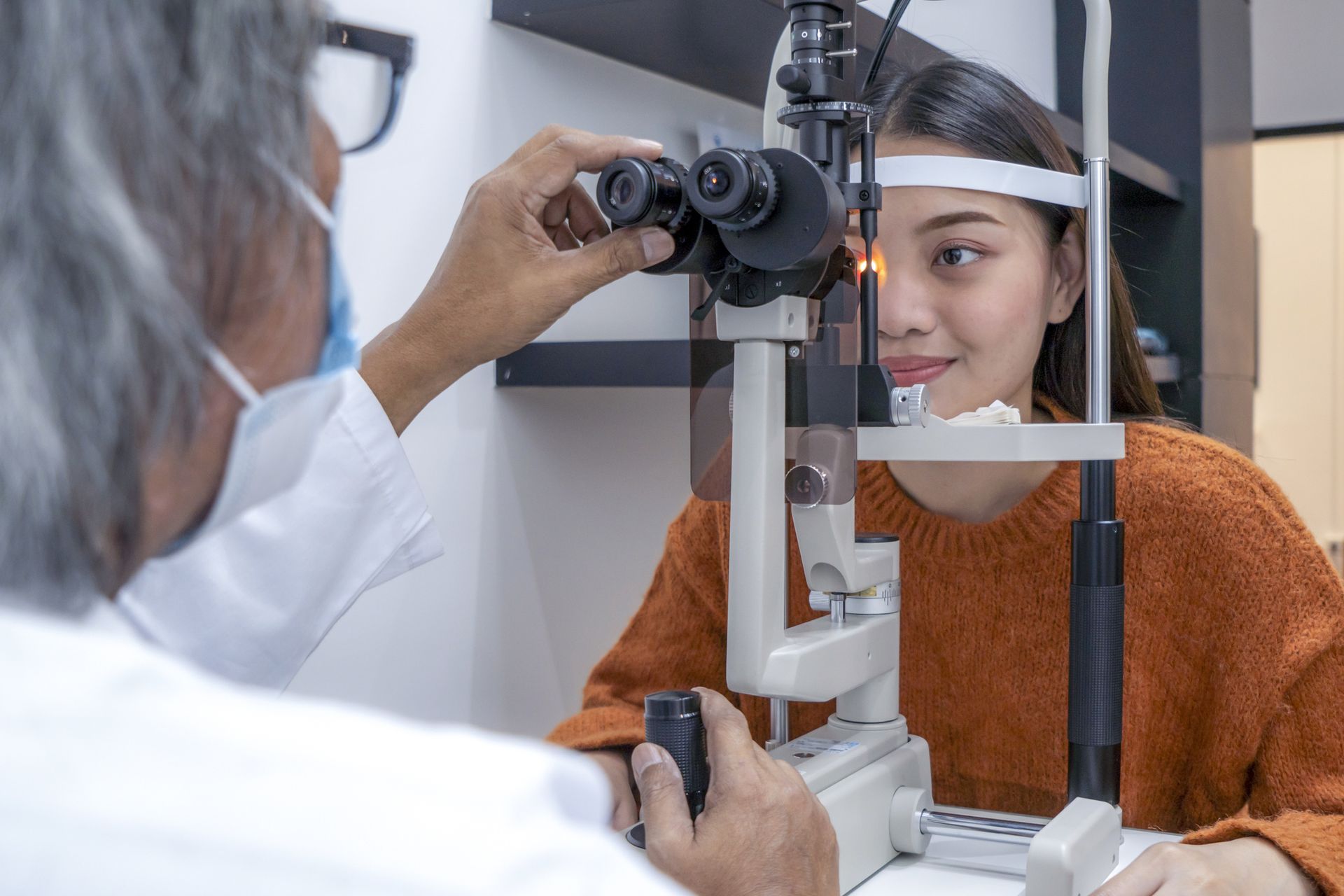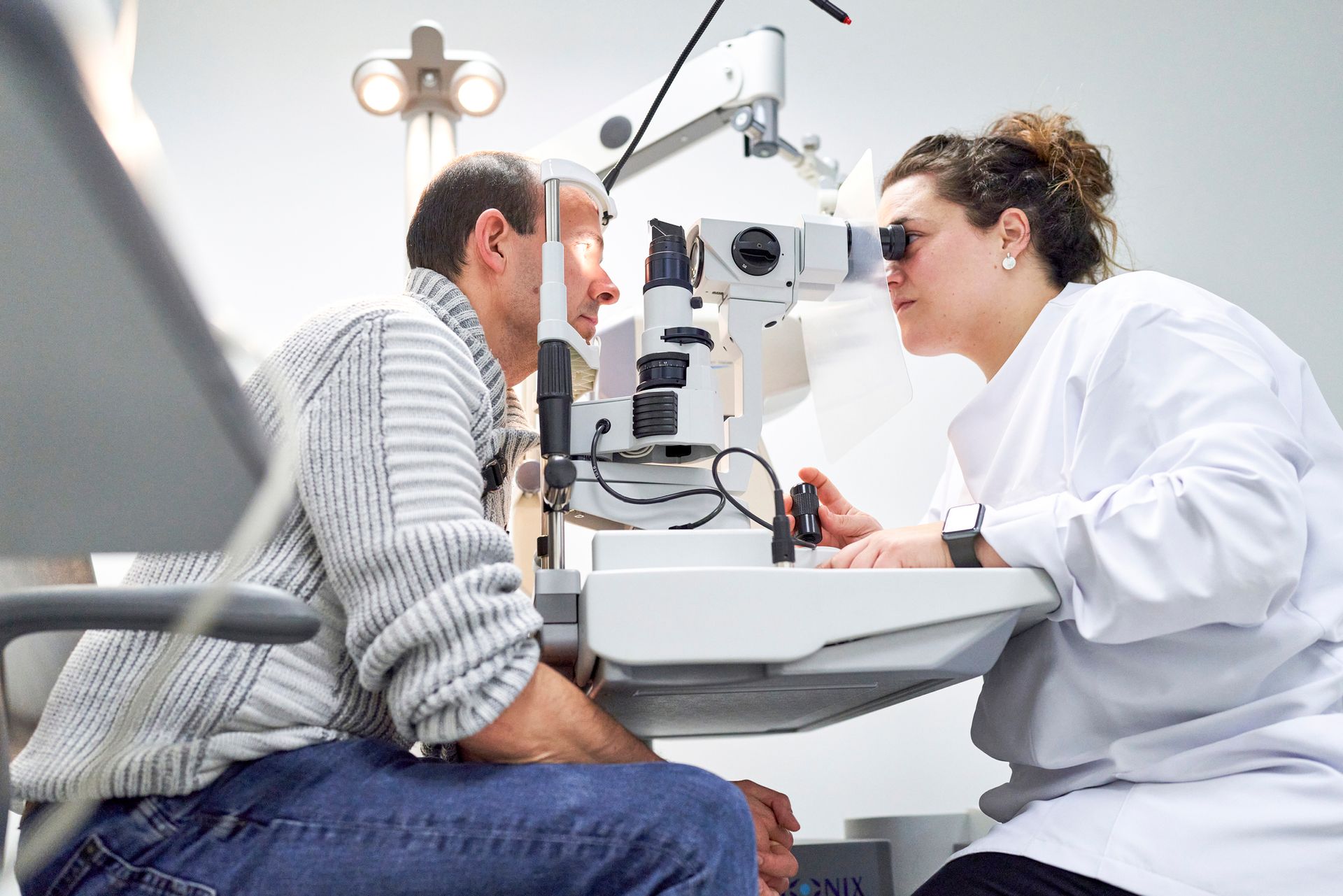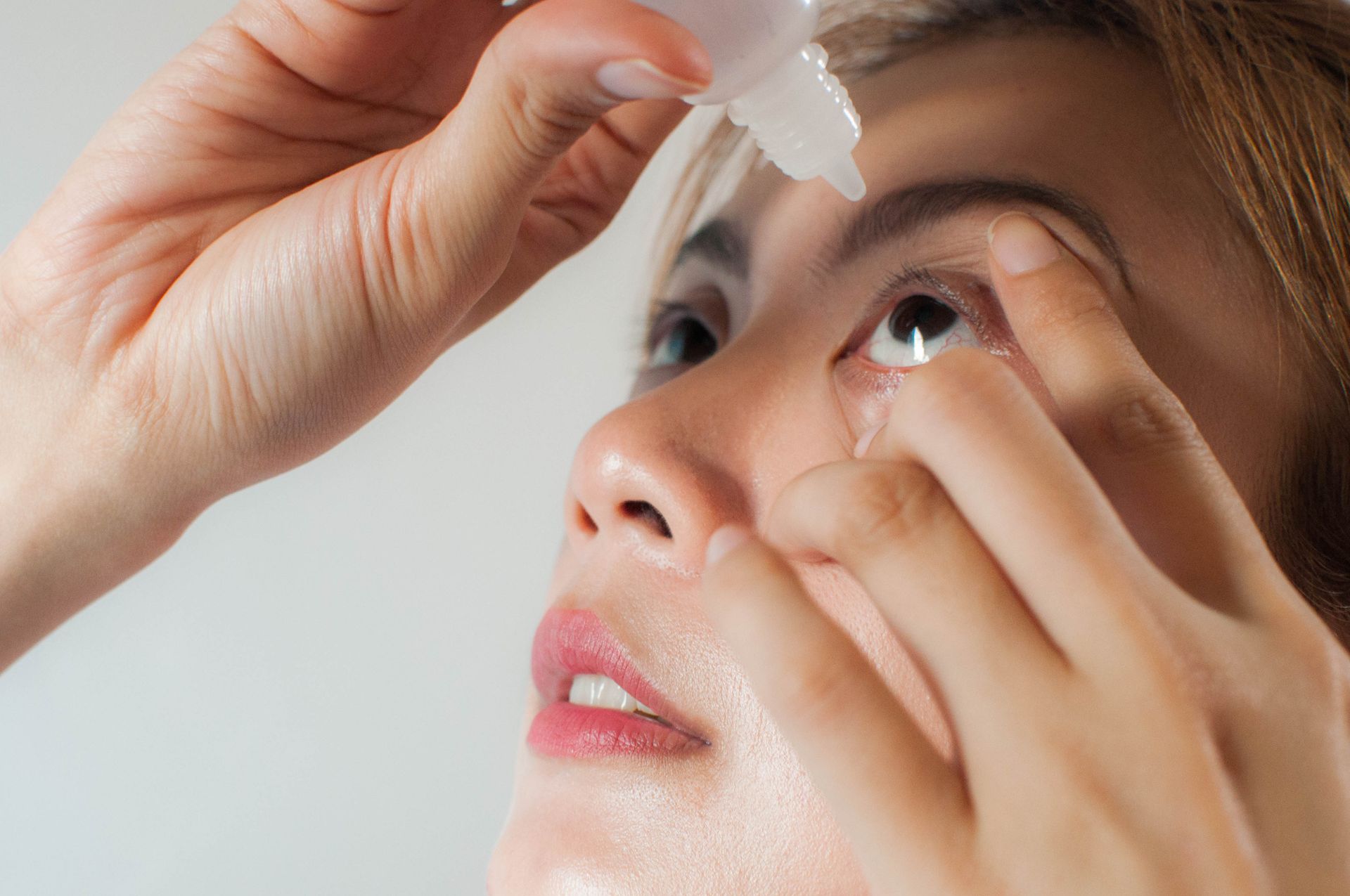Why Are You Seeing Spots?
Seeing specks in your field of vision is a jarring experience. But fortunately, in many cases this doesn't indicate a major medical issue. If you've never had a floating spot or flash, you should consider contacting a medical or vision professional immediately. Even if the expert rules out something serious, understanding the culprit behind your eye issue is important.

Take a look at what some of the common eye problem causes are and what you can do about them.
Blue Field Entopic Phenomenon
Did you know you may see spots when you look up at a blue sky? Looking up at the sky can cause you to experience blue field entopic phenomenon, which is an ordinary occurrence. The blood flow in your eye can absorb the blue light from the sky, causing the appearance of a moving white light. These strange spots should disappear quickly, leaving you with your normal vision.
Eye Floaters
Eye floaters are typically an age-related vision problem. Over time, the vitreous humor (the gelatinous part of the eye) can start shrinking or become more fiber-like. Nearly one-quarter of adults experience this (and floaters) as they reach their 60s, according to statistics from the Harvard medical School. By their 80s, nearly two-thirds of people experience the floater phenomena.
Eye floaters happen when cells clump together or protein fibers move in the vitreous humor and cast shadows. These shadows are perceived by your eye (and brain) as floating objects or lines. When the gel of the vitreous humor hits the retina, some people also experience flashes of light.
The shadows move around in your field of vision, floating in the direction your eye is moving. Even though they may seem strange at first, floaters are typically completely benign and won't require treatment.
However, if you have never had a floater/flash, your vision is declining, you have pain, or you can't see out of one area of the eye, you need to seek immediate medical attention to rule out another possible cause.
Some younger adults may experience non-age-related floaters. These are typically the result of inflammation or bleeding due to injury. Unless the inflammation/injury is a direct result of a known surgery, you should visit a medical professional immediately.
Migraine Aura
Some flashes, lines, or shapes that float through a person's vision can be part of a migraine. Even though a severe headache is the primary symptom of a migraine, some people experience vision changes as well. Migraine sufferers who experience ocular changes can see stars, flashes, or even may temporarily lose some vision.
Flashes of light or a sensation of seeing stars is an aura. This symptom happens in 25 percent to 30 percent of migraine sufferers, according to the American Migraine Foundation. In most cases, the aura doesn't last long. But for 20 percent of people with migraines, this can persist for more than an hour.
Retinal Migraines
A retinal migraine, like an aura, can occur before, during, or without a headache. The symptoms happen in one eye and can include temporary blindness or seeing stars. In some severe cases, retinal migraines can result in permanent vision loss.
If you're experiencing a migraine with vision changes for the first time, vision changes that are different from a previous migraine, or your symptoms seem like a retinal migraine, consult a medical professional immediately.
An NSAID medication
can, in some cases, dull the pain and reduce the migraine symptoms, or doctors can prescribe calcium channel blockers, tricyclics, or antiepileptic medications to reduce the likelihood of developing a migraine. While there is no specific treatment for ocular involvement, most migraine-related eye issues go away with the migraine itself.
Do you have floaters or another vision change? Contact Calvert Ophthalmology Centerfor more information.














